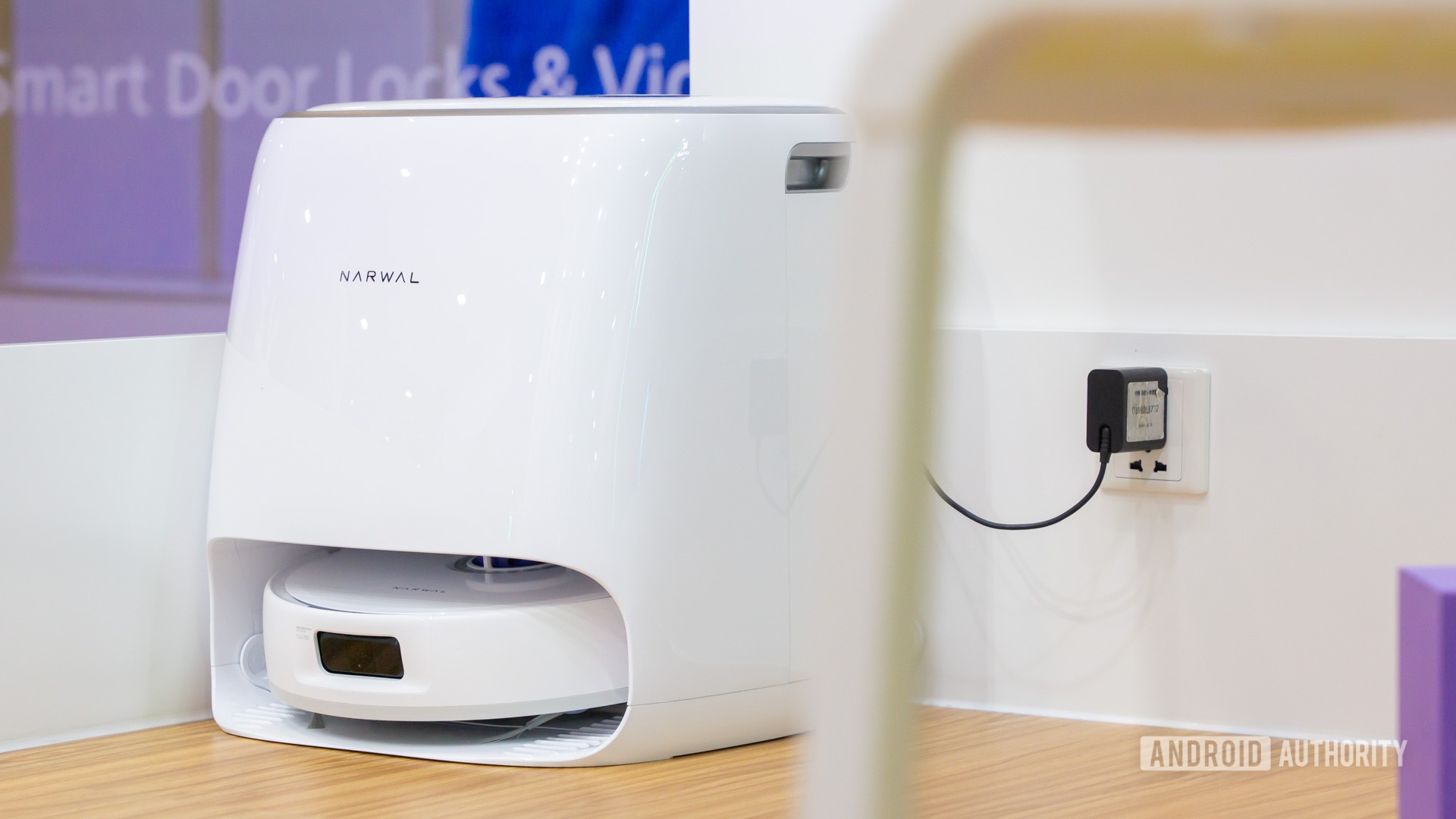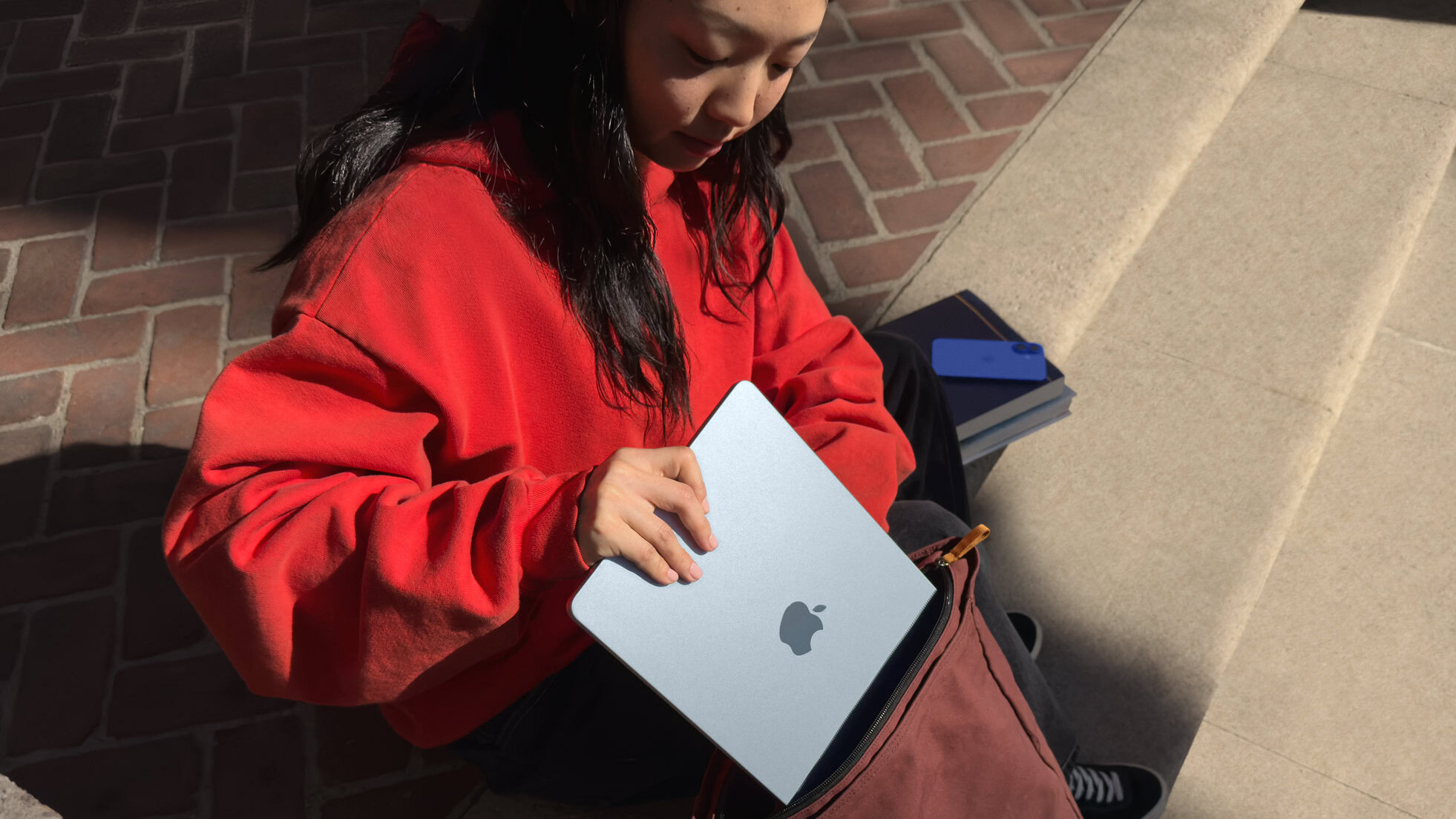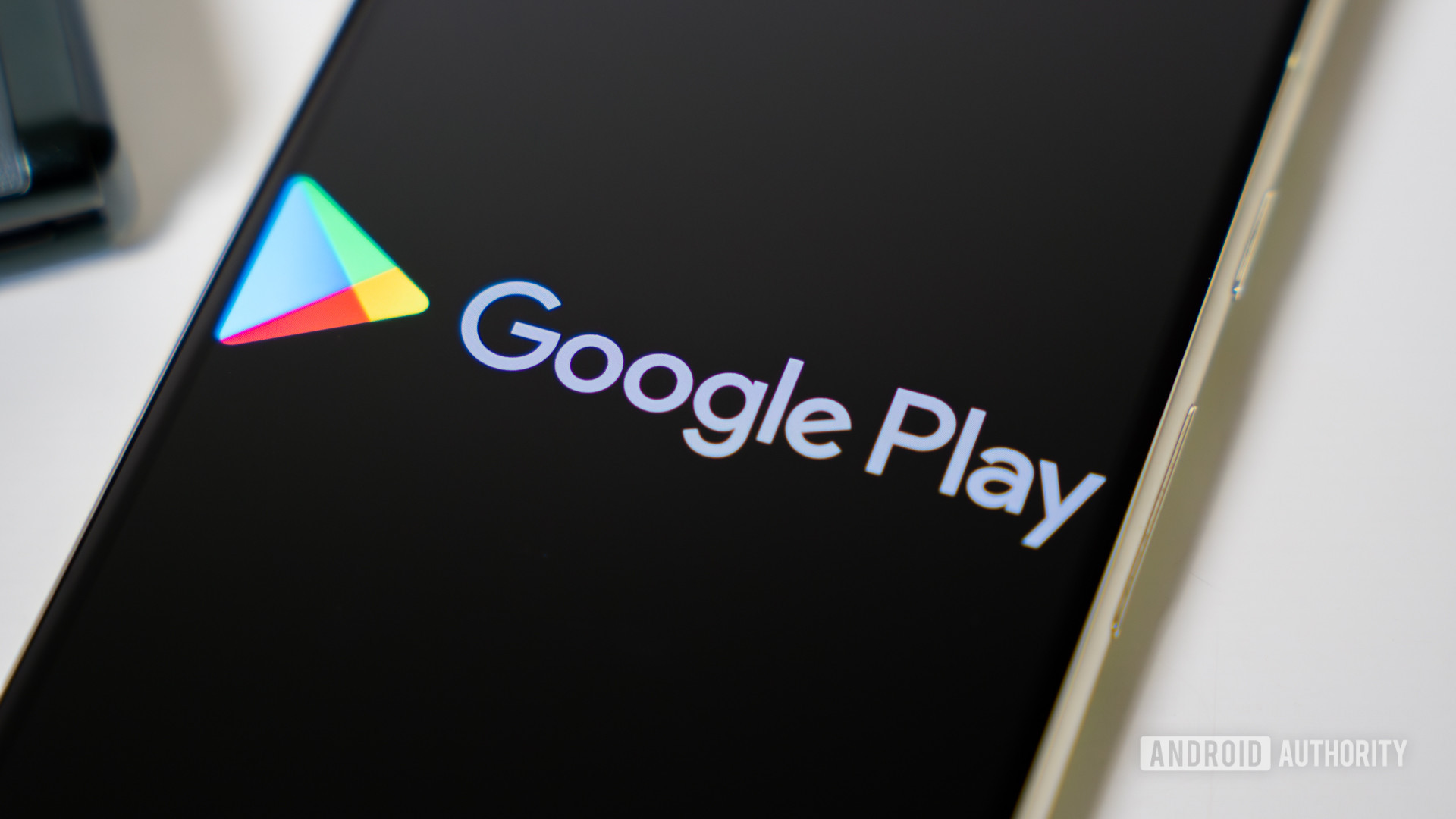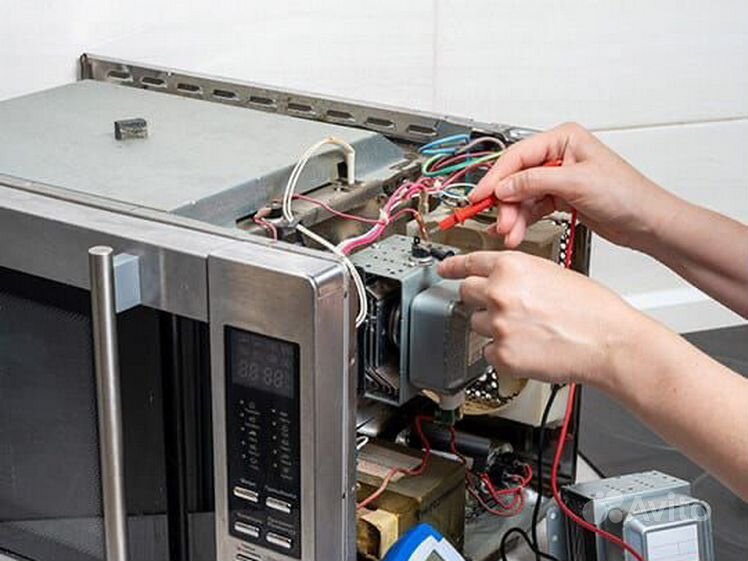The Next Generation of Sleep Tracking: Insights from a Wearable App Development Company in New York
The next generation of sleep tracking is revolutionizing how we understand and optimize our rest, thanks to cutting-edge wearable technology. Insights from a Wearable App Development Company in New York are driving innovations that offer personalized, data-driven solutions for better sleep quality and overall health.

As the world becomes more focused on health and wellness, sleep tracking has taken center stage. With the rise of wearable technologies, the way we monitor and improve our sleep has evolved. A Wearable App Development Company in New York plays a crucial role in shaping this future by leveraging advanced technologies like artificial intelligence, machine learning, and biometric sensors. In this blog, we’ll dive deep into the next generation of sleep tracking and explore the role of wearable app development in improving sleep quality.
The Evolution of Sleep Tracking
From Simple Sleep Monitors to Advanced Wearable Apps
Sleep tracking began as a simple process. Early devices used basic sensors to monitor movement during sleep, providing insights into the duration of sleep and basic patterns. However, as technology advanced, these devices became more sophisticated. Today, wearable devices like smartwatches, fitness trackers, and specialized sleep trackers use a variety of sensors—such as heart rate monitors, accelerometers, and even blood oxygen sensors—to deliver more detailed insights into sleep stages, quality, and potential disturbances.
According to a report by Statista, the global wearable device market size is expected to reach $87 billion by 2026, with sleep tracking capabilities being a key driver of this growth. This shift from basic sleep monitoring to advanced sleep analysis is changing how people understand and improve their sleep health.
Why Sleep Tracking Matters
Good sleep is integral to overall health and well-being. Poor sleep is linked to a variety of health problems, including heart disease, obesity, diabetes, and mental health disorders like depression and anxiety. As we become more health-conscious, people are increasingly relying on wearable technology to optimize their sleep patterns.
Research by the National Sleep Foundation shows that around 35% of adults in the United States suffer from sleep deprivation. With wearable devices providing real-time insights into sleep patterns, users can make informed decisions on how to improve their sleep hygiene, leading to better health outcomes.
The Role of a Wearable App Development Company in New York
Advancements in Sleep Tracking Technology
A Wearable App Development Company in New York plays a pivotal role in shaping the next generation of sleep tracking devices and apps. These companies specialize in developing highly accurate, intuitive, and customizable applications that integrate seamlessly with wearable devices.
-
Artificial Intelligence and Machine Learning: Advanced algorithms and AI are being integrated into wearable apps to analyze sleep patterns. Machine learning models are now capable of identifying trends and predicting potential sleep disorders, helping users make proactive changes to improve their sleep.
-
Biometric Sensors and Data Collection: With advancements in sensors, wearable devices can collect detailed biometric data, such as heart rate variability, skin temperature, blood oxygen levels, and even brainwave activity. This data provides a holistic view of sleep quality and can be used to detect potential issues like sleep apnea.
-
Personalization and Customization: Sleep is a highly individual experience, and what works for one person may not work for another. A wearable app development company can create personalized sleep tracking solutions that adjust recommendations based on a user’s unique needs, habits, and health conditions.
Seamless Integration with Health and Wellness Platforms
One of the key benefits of modern sleep tracking apps is their ability to integrate with other health and wellness platforms. By syncing with fitness trackers, meditation apps, and other health apps, users can gain a comprehensive understanding of how their sleep affects their overall well-being. For example, a wearable app might sync with a fitness tracker to correlate sleep quality with daily activity levels, providing users with more actionable insights.
Additionally, with cloud-based data storage, users can access their sleep data from multiple devices, making it easier to track progress over time and share insights with healthcare providers. This level of integration is a game-changer for individuals who want to take a more holistic approach to managing their health.
How Next-Generation Sleep Tracking Works
Sensors and Technology Behind Modern Sleep Trackers
Modern wearable devices are equipped with various sensors that provide detailed information about sleep stages, such as deep sleep, light sleep, and REM sleep. The data collected by these sensors is processed by advanced algorithms in the wearable app to provide a comprehensive sleep report.
-
Accelerometers: These sensors measure movement during sleep, helping to detect periods of restlessness or awakenings.
-
Heart Rate Monitors: Monitoring heart rate variability can help determine the depth of sleep and detect potential issues like sleep apnea.
-
EEG Sensors: Some advanced wearables use EEG (electroencephalogram) sensors to monitor brainwave activity during sleep, offering highly detailed insights into sleep stages.
These sensors collect real-time data, which is then analyzed by the app to provide users with an overall sleep score and actionable insights.
Data Analysis and Insights
The next generation of sleep tracking goes beyond simply telling you how long you slept. Today’s wearable apps provide a wealth of data and insights, such as:
-
Sleep Stages: Detailed breakdowns of light, deep, and REM sleep.
-
Sleep Quality Score: A metric that summarizes the overall quality of your sleep.
-
Sleep Trends: Long-term patterns that show how your sleep habits change over time.
-
Health Insights: Alerts and recommendations for improving sleep, including lifestyle changes, relaxation techniques, and when to see a doctor.
These insights empower users to make informed decisions about their sleep and overall health. The integration of machine learning algorithms helps the app become smarter over time, offering personalized recommendations that are specific to the user’s needs.
Benefits of Next-Generation Sleep Tracking
Better Sleep Quality
The most obvious benefit of using next-generation sleep tracking apps is improved sleep quality. By monitoring sleep stages and providing personalized recommendations, users can make adjustments to their routines to optimize sleep. This might include changes in bedtime, adjusting room temperature, or incorporating relaxation techniques such as meditation.
Detecting Sleep Disorders
Many sleep disorders, such as sleep apnea and insomnia, go undiagnosed for years. With wearable apps that track biometrics like heart rate and blood oxygen levels, users can detect irregularities that may indicate a sleep disorder. The app may alert users to seek medical attention, potentially leading to an earlier diagnosis and treatment.
Long-Term Health Benefits
Better sleep translates to better overall health. Studies have shown that improved sleep can boost cognitive function, enhance mood, strengthen the immune system, and even reduce the risk of chronic conditions like heart disease and diabetes. Wearable sleep tracking apps empower users to make data-driven decisions that can lead to long-term health improvements.
Enhanced Mental Health
Mental health and sleep quality are closely linked. Sleep deprivation has been shown to contribute to conditions like anxiety, depression, and stress. By improving sleep quality, users can experience better mental clarity, reduced anxiety levels, and improved emotional well-being.
The Future of Sleep Tracking
AI-Driven Sleep Optimization
In the future, we can expect AI-powered sleep optimization to become even more advanced. AI will not only analyze your sleep data but also provide real-time recommendations based on environmental factors such as noise, light levels, and room temperature. It will learn your preferences over time and offer a truly personalized sleep improvement plan.
Advanced Sensor Integration
The sensors in wearable devices will become more advanced, allowing for even deeper insights into sleep patterns. Expect to see the integration of new technologies like non-invasive blood glucose monitors, which can detect spikes in blood sugar levels that might affect sleep quality.
Collaboration with Healthcare Providers
As sleep tracking technology advances, wearable app development companies will likely collaborate with healthcare providers to integrate sleep data into electronic health records (EHR). This would enable doctors to monitor sleep patterns and make more informed decisions about a patient's overall health.
Enhanced User Experience
The user experience of sleep tracking apps will continue to evolve, with improved interfaces, gamification elements, and more interactive features. For example, wearables may offer guided meditation or sleep coaching features to help users improve their sleep hygiene.
Conclusion: A Bright Future for Sleep Tracking
The future of sleep tracking is bright, thanks to advancements in wearable technology, data analysis, and AI. A Wearable App Development Company in New York is at the forefront of this revolution, shaping the way we understand and optimize our sleep. As these technologies continue to evolve, we can expect even more powerful and personalized sleep tracking solutions that will empower individuals to take control of their health and well-being.
For software development companies, the demand for innovative sleep tracking apps will only continue to grow. As wearables become more sophisticated, the role of developers in creating seamless, data-driven applications that integrate with other health platforms will become increasingly important.
By staying ahead of the curve and focusing on user-centric design, wearable app development companies are poised to make a significant impact on global health and wellness.
What's Your Reaction?
 Like
0
Like
0
 Dislike
0
Dislike
0
 Love
0
Love
0
 Funny
0
Funny
0
 Angry
0
Angry
0
 Sad
0
Sad
0
 Wow
0
Wow
0














































